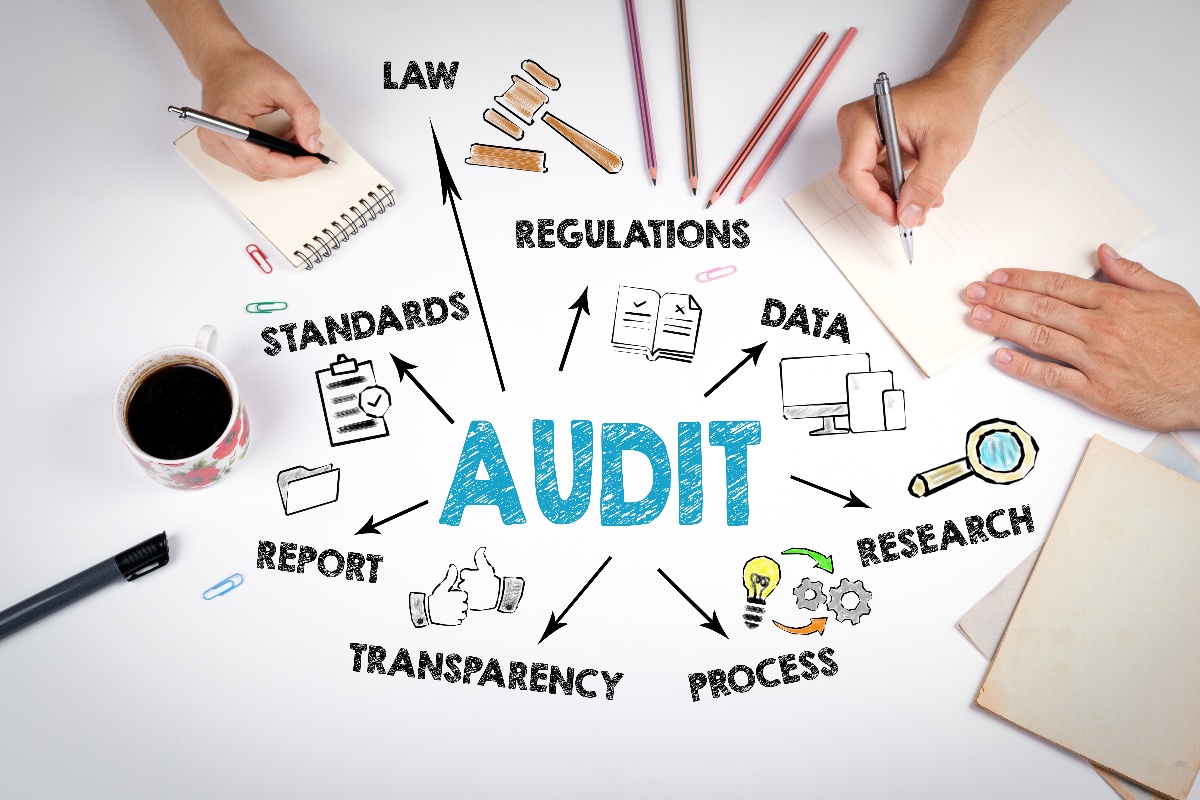Your company's fleet is more than just a collection of vehicles; it's the primary enabler of your business. Furthermore, it impacts your budget, reputation, quality of work, employee safety, and other critical business functions.
Therefore, just as it's important to maintain accurate business records, you should also be monitoring your fleet's performance. Doing so allows you to keep your fleet running efficiently, ensuring operations are smooth and clients are happy.
Keep reading to learn how to audit your fleet's performance and why it's important.
Why Is Auditing Your Fleet Performance Important?
When it comes to fleet management, efficiency is key. However, this is something you can only achieve if you have the right information at the right time. This is where auditing fleet performance comes into play.
By tracking the performance of your fleet, you can identify areas of inefficiency or measure progress in relation to your metric goals. From the data you collect and analyze, you'll gain deeper insights into:
- The cost of running and maintaining your fleet
- The duration it takes to fulfill orders
- Your order capacity at any given time
This knowledge allows you to identify areas in need of attention, empowering your team to work more efficiently while maintaining safety and quality.
Core Metrics to Audit
In today's technology-driven world, auditing your fleet's performance can be overwhelming due to the plethora of metrics available. However, some core metrics are crucial to ensuring a comprehensive view of your fleet's performance:
1. Vehicle Data
Whether you rely on trucks, boats, or motorcycles, tracking the following metrics is essential:
- Number of vehicles owned or leased
- Vehicle age
- Miles driven
- Fuel efficiency
- Hours spent on the road
- Driving behaviors (e.g., sharp acceleration, harsh braking)
- Maintenance records (e.g., oil changes, tire replacements)
2. Legal Documentation
With numerous vehicles on the road, one of the most important steps to take is to reduce your legal exposure. Therefore, you should keep tabs on:
- Insurance coverage and contact information
- Title, registration, and lease information
- Driver licenses and certifications
- Tax forms and industry-specific documents
3. Fleet Budget
Along with salaries, maintaining your fleet will likely be your largest expense. Therefore, you should track key cost areas to ensure they do not impact profits. Some of the key areas to consider include fuel, insurance, employee wages, maintenance frequency, marketing your fleet, and legal costs.
4. Technology
As you know, technology plays a key part in modern fleet management. From appointment scheduling systems timesheets to GPS tracking and employee portals, it's in every aspect of your operations.
However, technology is in a constant state of evolution and improvement. Therefore, beyond cutting through the jargon of technology, it's important that you track your technology in relation to advancements to ensure you preserve your competitive edge.
5. Processes and Policies
Time is often an overlooked cost factor in fleet operations. You should evaluate processes and policies related to clocking in and out, maintenance logs, reports for leadership, and reminders for renewals and check-ins.
By optimizing these aspects, you can significantly enhance fleet management efficiency.
How to Audit Your Fleet's Performance
As with other processes, there's a methodology for auditing fleet performance. Begin by identifying which metrics matter most to your operations and monitor them.
As you gather data, analyze the information, paying close attention to areas that need improvement. This should be accompanied by routine audits to ensure operations remain efficient and cost-effective.
How Fleet Management Software Can Streamline the Audit Process
Understandably, the thought of manually tracking and auditing all these metrics sounds daunting. Moreover, it can lead to costly inaccuracies, which is why you should leverage technology. With GPS tracking and fleet management software, you can significantly streamline the audit process.
Such software is user-friendly and customizable to your specific needs, allowing you to monitor fleet performance effectively. The comprehensive insights you'll gain will enhance your decision-making, improving business outcomes.
Get Started Today with Fleet Management Solutions
As the level of competition and consumer expectations rise, optimizing performance is vital for survival. However, with the right approach and fleet management solutions, it can be a competitive edge that'll ensure you remain as the market leader.
In this regard, Wilmar is your ideal fleet management solutions provider. From fleet selection and leasing to management, analysis, and repair, we have the personnel and technology to handle your needs. Instead of worrying about fleet management, leave it to us and focus on growing your business.
Contact us today for reliable fleet management solutions that will help you increase revenues while reducing costs.









